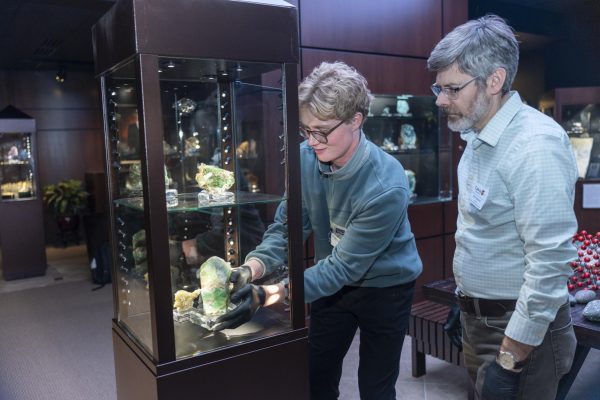Disagreement over the Morality of Embryonic Stem Cell Research
When surveyed about the morality of embryonic stem cell research, a small group of 12 Calvin students proved to be fairly evenly split on the issue. 42% of respondents said that using excess embryos from vitro fertilization clinics for research is moral, and 66% of them said it would be okay to use these embryos for research if the alternative is to discard them.
These results should not surprise anyone. The discussion surrounding the ethics of embryonic stem cell research is not as clear-cut as it may seem. Professor David Dornbos, head of the biology department and professor of medical ethics, explained the situation.
“The main source of embryonic stem cells is from discarded embryos. These are embryos that are produced typically by couples seeking to have a baby, and they can’t have the baby the normal way so they make a test tube baby,” he stated.
After the donation of sperm from the husband and the extraction of eggs from the wife, one can combine these in a test tube and produce embryos.
“In in vitro fertilization, [the embryos] will be implanted at the appropriate stage in the wife,” Dornbos continued, “But there are limits as to how many you can safely implant.” Fertilization clinics will usually try to put three or four fertilized embryos into the woman’s uterus, hoping that one of these will implant into the uterine wall. However, they will have produced far more embryos than this.
“What happens in lots of fertilization clinics,” noted Dornbos, “Is that a couple has the number of babies that they want to have, but they’ve got embryos left. What the parent would do then is sign off their parental rights.” Signing off one’s parental rights would give the clinic license to do as they please with the excess embryos.
“Typically, what they do is that [the embryos are] discarded as medical waste,” Dornbos said. One of the questions that arises at this point is whether it would be better to use these excess embryos for stem cell research and benefit rather than allowing them to completely go to waste. As previously stated, 66% of the surveyed students believe it would be better to use them for beneficial research. This is also related to the question of the beginning of life: does destroying a fertilized embryo count as abortion? 67% of those surveyed answered no.
“There are very, let’s say, energetic debates about this topic [in the Medical Ethics class],” Dornbos added. When one thinks about it, it is not very difficult to see why. But if there’s one thing that almost everyone agreed upon, it is this: when asked whether they would change the practice of in vitro fertilization to produce fewer or no excess embryos, 92% of respondents said yes.






